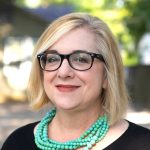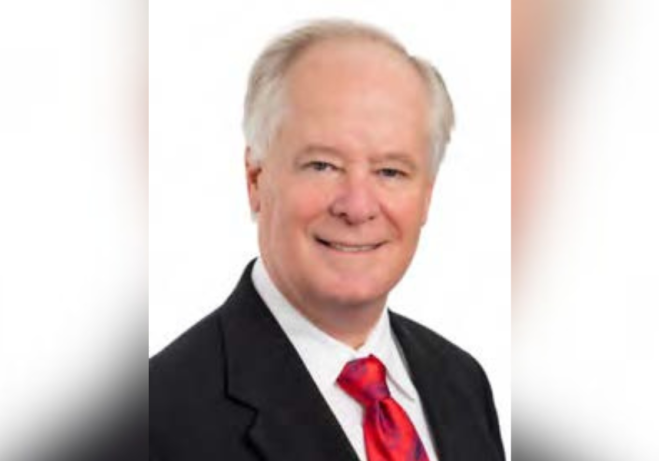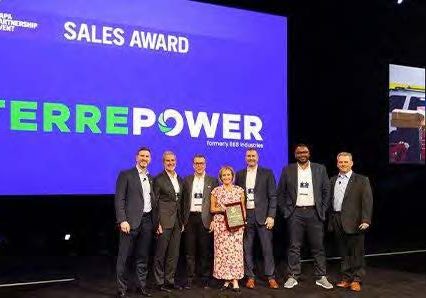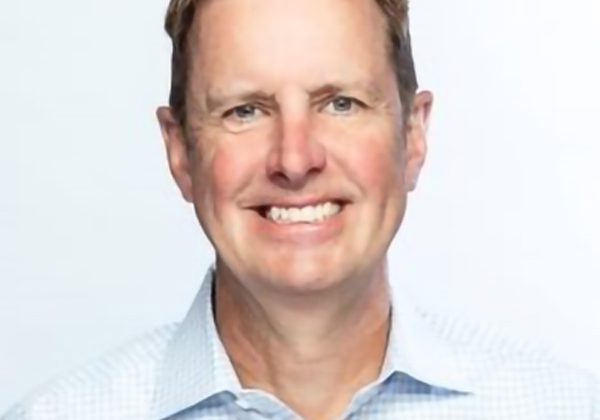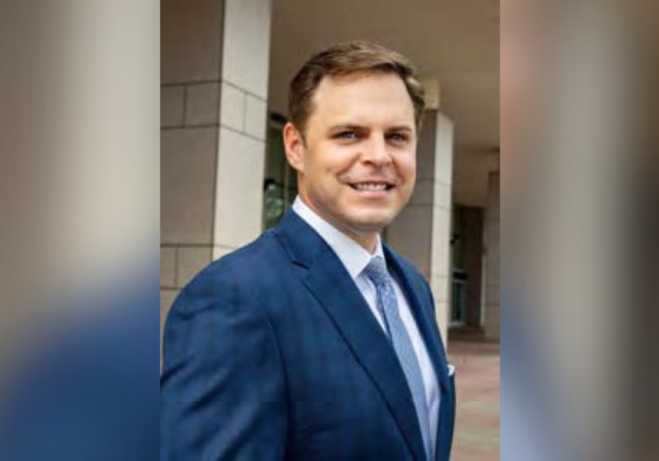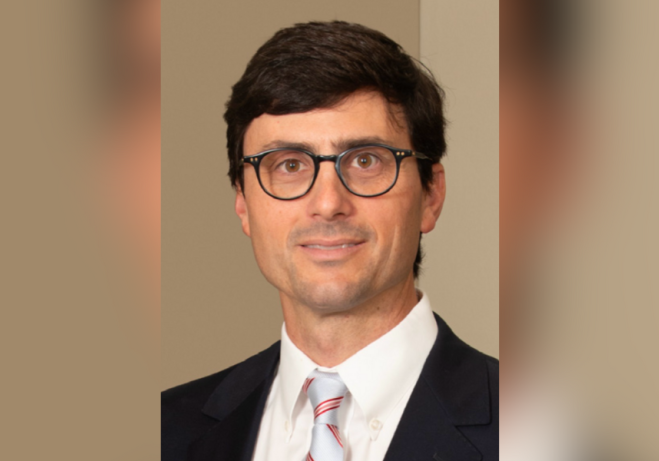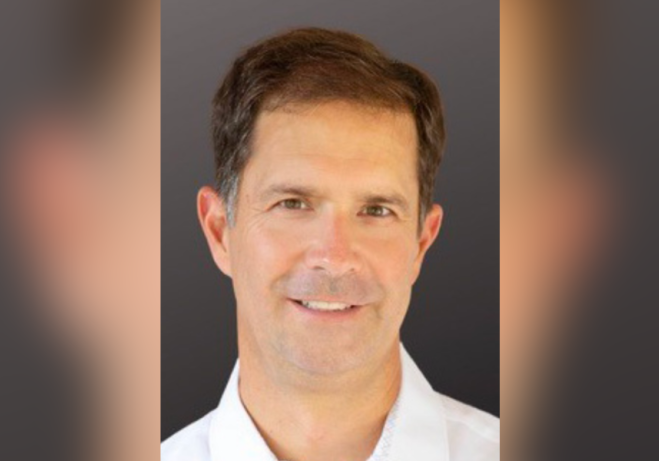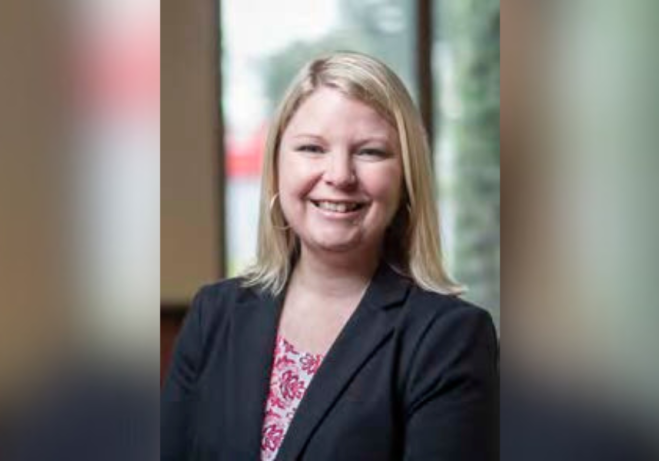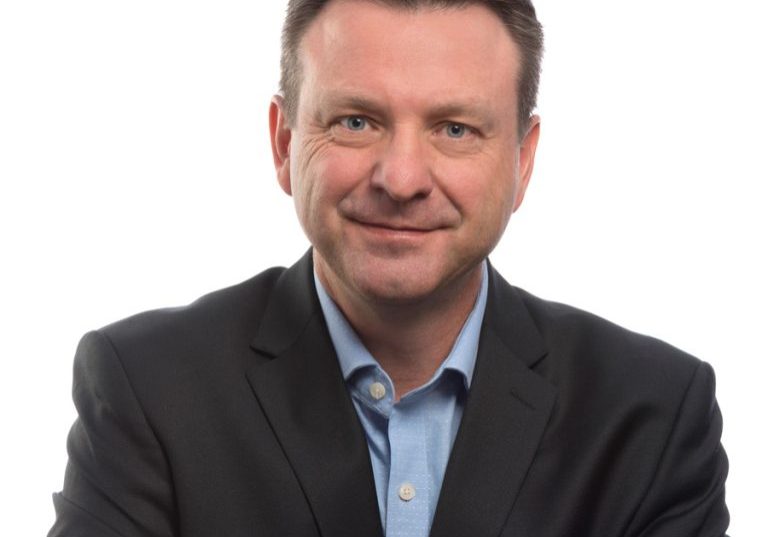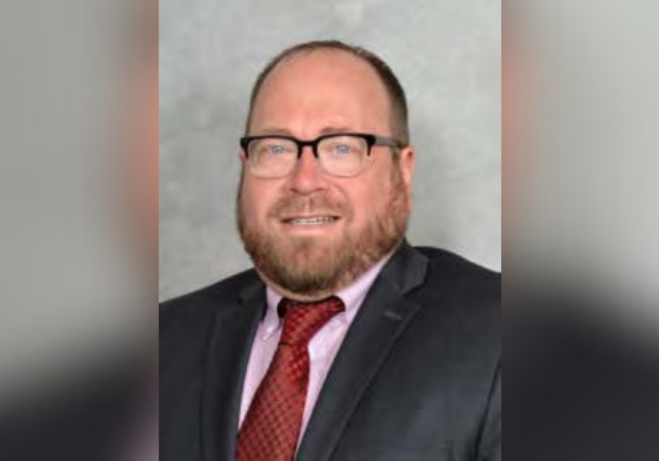Michon Trent: Executive Director The Family Center
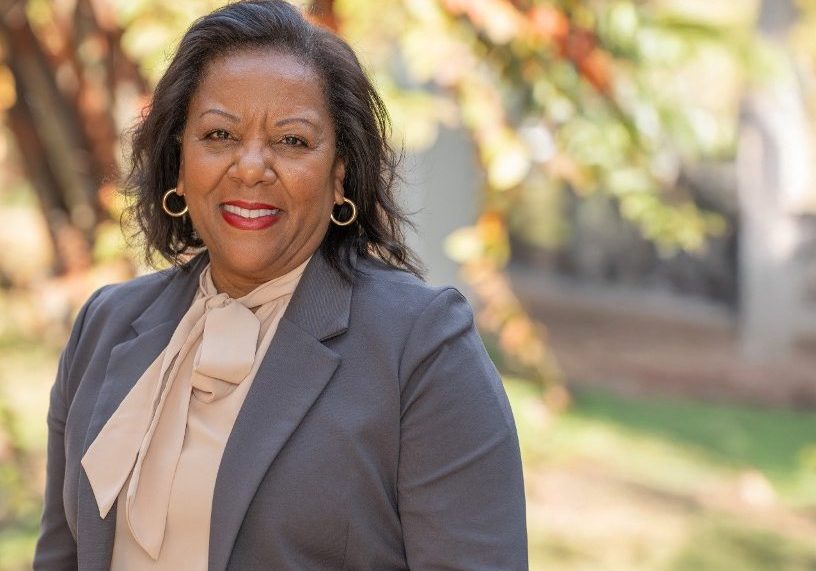
Giving struggling families the resources to thrive
by Kaija Wilkinson
photography by Stephen Savage
Vivacious, witty and warm, Michon Trent (MT) has called Mobile home for nearly 20 years now. An avid traveler who continues to explore North America, Europe and beyond with her family, Trent draws on her lifelong passion for helping others make a difference in South Alabama— a difference that starts with providing the resources and guidance to build strong children and family units through leading The Family Center (TFC), a private, not-for-profit 501(c)(3) corporation. TCF offers an array of programs — from individual classes to yearlong initiatives— focused on building better families. Its Strengthening Families program, for example, targets custodial and non-custodial mothers and fathers who are unemployed or underemployed.
Funded through the Children’s Trust Fund and the Alabama Department of Human Resources, the yearlong program includes parenting classes, assistance with finding employment and education and establishing and supporting emotionally healthy parent-child relationships. Such prevention work, TFC observes, “can reduce the social, emotional and achievement costs to ouryouth and families and the actual financial costs associated with intervention,” therefore saving money in the long run. Trent took the time to speak with your author (KW) about her career path, goals and personal passions.
KW: Tell me about your family and how you came to call Mobile home.
MT: I am married to David Trent and have two bonus children, Jessica and Jill. My husband has worked in aerospace for his entire career, and about 20 years ago, he was tapped to open an engineering office in Mobile to support Airbus’ business of having an additional office in the U.S.
KW: What do you like about living here?
MT: I enjoy living in Mobile because it is a small town close to larger cities. The people are friendly and happy to make new friends. The climate is great, even though the summer heat does bother me. I enjoy the city’s history, surrounding areas and the great seafood. The arts community is fun to watch. It has grown a lot since we moved here 18 years ago.
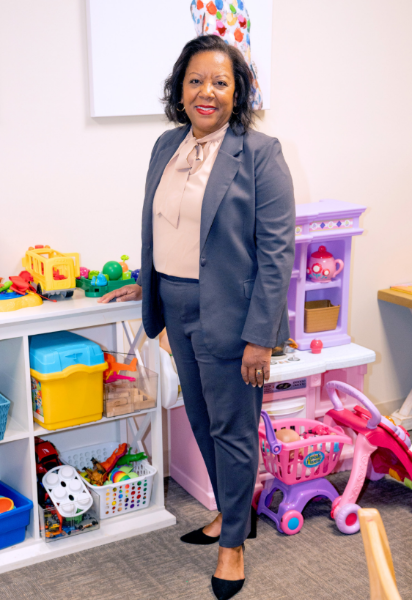
KW: I know you have traveled quite a bit. What is your favorite city or place so far, and why? Are there any exciting trips coming up?
MT: This is a tough question to answer. There are so many places I have enjoyed, but Montreal is probably at the top of my list as my favorite city. It is European and American all at once, and the people are interesting and full of great stories. Vail, Colorado, and Yosemite National Park in California are in a tie for the best place. Both are laid back; you could hike for days and never get bored of nature. I also really enjoy England and Germany. There is always so much to see, and the history is remarkable. We just got back from a spring trip to France, where we got to see Normandy just before the 80th anniversary of D-Day. It was super powerful. My grandfather served in World War II. On the trip home, it hit me how lucky we were as a family to have my grandfather come. So many men and women died in that war. We plan on heading south for our next trip out of the country, to Mexico, Uruguay and places in between.
KW: When you were young, what did you want to be when you “grew up?”
MT: When I was young, I really wanted to be involved in interior design and clothing design. However, I did not see many people who looked like me in the business, so I had no idea how to make that happen. I was an accounting major in college for a hot minute, took an elective in social work and was immediately hooked. But my hobbies are still decorating and sewing, and I am thinking of taking oil painting classes again.
KW: Tell me about your position with the City of Mobile and Mayor Sandy Stimpson. How did that come about, what did it entail and what was most challenging and rewarding about it?
MT: I worked for the City of Mobile out of Mayor Sandy Stimpson’s office as the senior director of Civic Engagement. He called me one day to talk and, shortly thereafter, I was running the office of Special Events, the Mobile Museum of Art and was tapped to address the issue of homelessness in the city. The homelessness initiative was challenging, but very rewarding, because it involved numerous nonprofit organizations, police, fire and community members to begin a highly complex discussion on how to best handle unhoused people in our community. We met monthly and began sharing what we thought were the strengths of our community, barriers to success and weaknesses within social services and city departments. We held a summit that enabled all interested people to think about ways to use our resources and build some capacity in the city and surrounding areas. Looking at what is happening now in the homeless space, I see more collaboration, but the problem remains. The lack of affordable housing is a huge concern because, with the city’s growth, the rents are simply too high for those working minimum-wage jobs with two or three children. Options for them are minimal.
KW: Tell me about your work with the Boys & Girls Clubs.
MT: I joined the board of the Boys & Girls Clubs of South Alabama about 16 years ago, served for eight years and moved on to the Emeritus Board after that. Serving on that board was just a great experience. I chaired the Youth of the Year luncheon for several years. We made some great strides in getting our young people to speak publicly. Thelma Cook- Thrash and Mary Zoghby started a Toastmasters International program, which really changed the outcomes for our youth. They started to win state competitions because they understood how to speak in public in compelling ways. Working on the fundraiser to open the Hank Aaron Home at BayBears (Hank Aaron) Stadium was also a highlight. We raised enough money to really do some innovative work with club members. Strong clubs in the city set the stage for stronger communities.I hope the numbers will grow at the clubs, ensuring that children are prepared for bright futures.
KW: Ditto for advocating for people experiencing homelessness. Do you believe Mobile is getting a handle on the problem? What can the average citizen do to help?
MT: Wow, this is a loaded question. I don’t see that there is a true effort to address the problem because it requires infrastructure projects where we, as a community, decide that we will create living spaces for all types of people. When citizens don’t want to have mixed housing for low-middle and high-income people in close proximity, the community will continue to have the haves and the have-nots. Children should not have to live in a tent, in their parents’ car or in their grandparents’ backyard in a tent. Those who are suffering from addiction cannot get the real help they need because it is expensive to continue to live in the woods or behind businesses while begging for money to get by with or deal with coming down from their high. Recovery is expensive, but it is necessary if we are going to deal with the incredibly high cost of not doing anything — allowing the addict to continue to live on the street unsheltered. The average citizen needs to care, and be willing to let the necessary resources be placed near them.
KW: You have served on the board of the Historic Mobile Preservation Society. Tell me about projects in which you have been involved personally and why you believe historic preservation is important.
MT: I served on the board of the Mobile Historic Preservation Society and was also its president. Preservation helps us appreciate where we live and those who came before us. The stories and histories help inform who, what, when and how things came to be. Preservation can serve as key reminders of the good, the bad and the ugly, with a focus on future success. If we do not preserve, we decide to forget where we came from. We moved here and purchased a historic home in the Oakleigh Garden District. It gave us great joy to bring that beautiful Queen Anne back to life. Our home was a great place to read, entertain and celebrate all the cool things Mobile has to offer. Being on that board opened my eyes to what could happen in a city if we keep our eyes on preservation and how we can create cool new spaces out of old ones.
KW: You have a master’s degree in social welfare, and your current position seems tailor made for that. Have you held any previous jobs or volunteer positions in which you had an opportunity to use those skills?
MT: I fell in love with social work at age 19 when I volunteered to answer the rape crisis phone at a local nonprofit in Azusa, California, where I attended college. Knowing that I was helping someone get to a place where they could restore their dignity after a horrific incident was life-changing. I worked in mental health for most of my career. My specialty was working with the severely mentally ill — the people who struggle the most with their mental health generally have few resources and are misunderstood. Landing this job allowed me to build a resource that was much needed in our community.
Our community needs blended services that helped not only children and adults, but the families they make up. I have volunteered and offered my services throughout my adult life. When I lived in Canada, I could not work, so I volunteered at a domestic violence shelter and reimagined their volunteer services and handbook to reach a larger pool of volunteers. I also volunteered to do health screening for seniors because I had not worked in that space and found they had many needs I could assist with. I served as the church liaison for Family Promise for many years, assisting homeless families while they stayed overnight at our church. Volunteering helps you to matter uniquely to your community.
KW: I know TFC has many initiatives — preventing child abuse and neglect, teaching new parents how to properly raise their children, bringing families together where possible — in which area do you think TFC has had the greatest impact and why?
MT: We impact the whole family when we work with parents to help them acquire new parenting skills that better support their children, their marriage and their relationships. We know that this is how strong families are created. Also, we are having a significant impact in the workforce area: Helping parents get high-wage, in-demand jobs means the stressors of money are diminished, and we know this reduces child abuse and neglect. If families can live in safe spaces, have enough food to eat and money to go out and enjoy museums, amusement parks, beaches and vacations, children have better outcomes. Parents who can afford a babysitter no longer have to worry that their older children are unsupervised and getting into trouble.
KW: What is most challenging and rewarding about the job? Without naming names, can you share a specific success story?
MT: The biggest challenge is to ensure that we have enough resources to offer the programming we have implemented. The reward comes when I can share with potential donors the work we do with families and how, if not for the family center, this or that could have happened. As for a success story, there are so many to choose from. But one of our first case-management fathers started to work with us while he was in welding school, hoping to get employment with Austal. We offer pay-to-learn, which means we provide a stipend to participants while in they are in class because we know they will be unable to work if they have to spend it to take courses, creating a hardship. We started paying him weekly for his coursework, and he told us he was saving all the money for a surprise for his family. The surprise he had been saving for was hosting a 4th of July party. Instead of bringing something to share, he was doing all the sharing. He could also give his co-parent extra money, which meant everyone had more. Of course, to hear him tell me about it and how it felt to be the “real man of the family” still makes me tear up. He succeeded in getting his job, and now his family can begin creating wealth.
KW: What are your goals for TFC over the next five years?
MT: Our goal for the coming five years is to ensure that we have a full-service team of staff and volunteers and that we have expanded our capacity to take on new programs. We want to update and expand our online capacity and ensure we use these resources to their full potential. We also want to expand our treatment modalities from parent education to other areas of need that have been identified as affecting families.
KW: Why do strong families mean strong communities?
MT: When we have strong families in communities, we can see that neighborhood organizations are more potent and can tackle local issues such as health and wellness, as seen by families walking and playing in their neighborhoods. Material needs are met so that life stressors do not bubble up in communities. School systems are more muscular because parents and families are more engaged — not only in educational pursuits but also in a community that is built around neighborhood schools.
KW: Where do you see yourself professionally in 10 years?
MT: Ten years from now, I will retire from work, but still actively volunteer in the community.
Read More
Subscribe to our weekly newsletter
Sign up here for free to get Bay Business News email newsletter every Friday.
By subscribing, you agree to our User Agreement and Privacy Policy & Cookie Statement.
